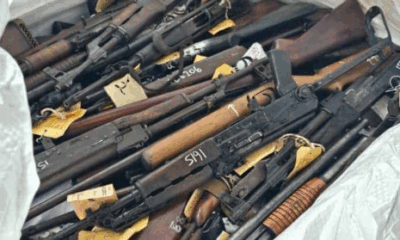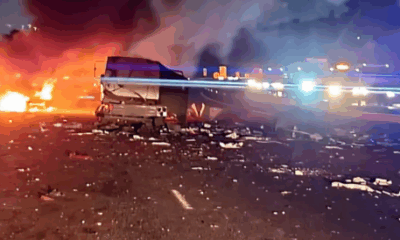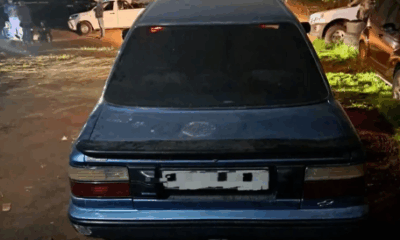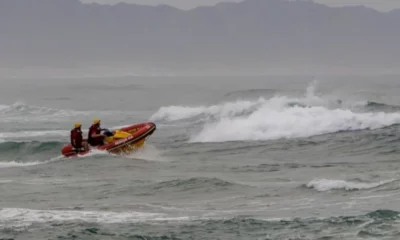Business
“We Are at War”: Intercape CEO Blames Government for Deadly Attacks on Buses
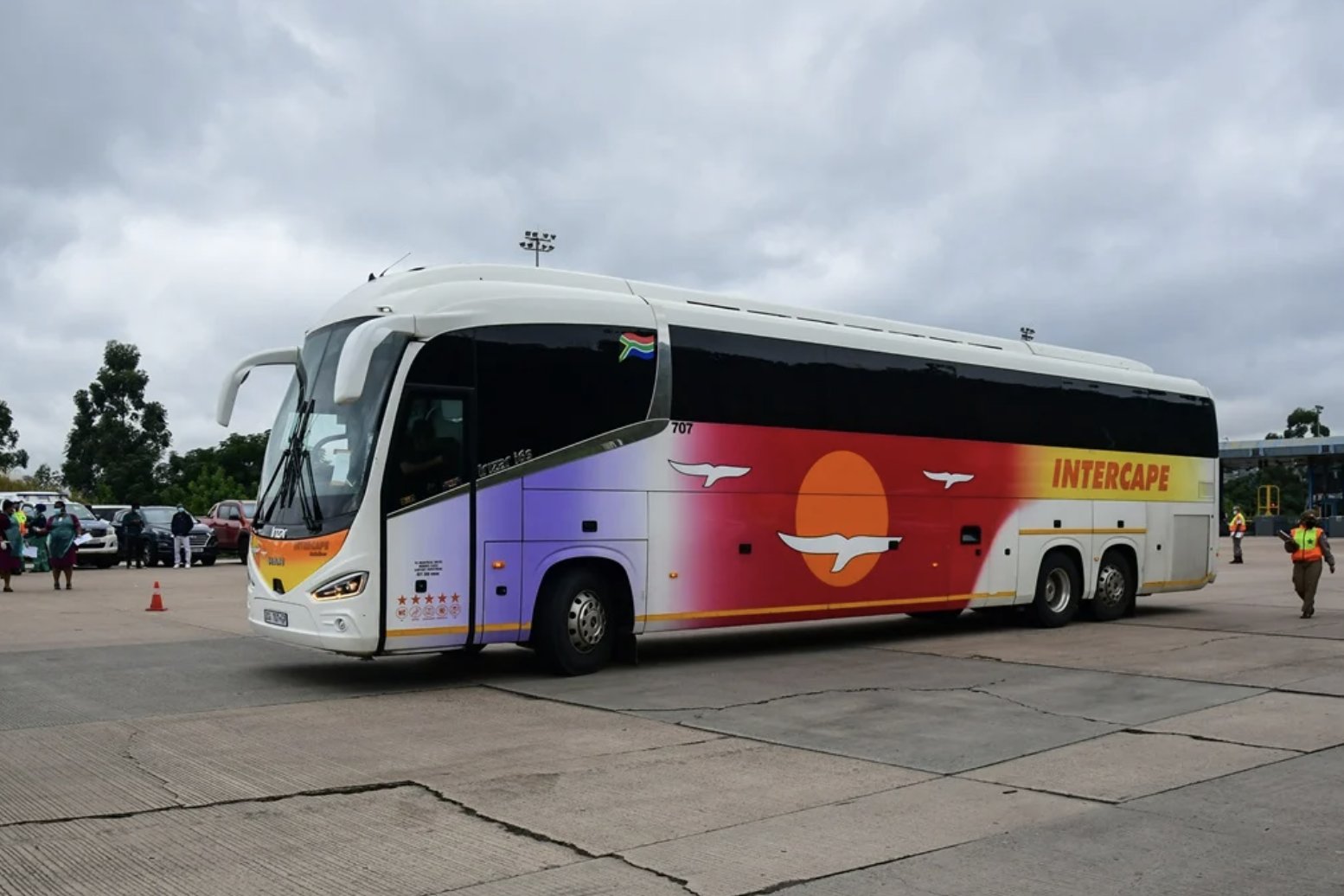
A public transport lifeline under siege, a justice system in contempt, and a nation watching in disbelief.
A Battle on the Highways
If you’ve ever travelled long distance in South Africa, chances are you’ve boarded an Intercape bus. For many, it’s more than just a way to get from Cape Town to the Eastern Cape or Jo’burg to Durban it’s a vital bridge connecting families, jobs, and opportunities across provinces.
But behind the familiar red and white branding, Intercape has been fighting a chilling war that few commuters truly understand. Its CEO, Johann Ferreira, says what began as regulatory disputes with the taxi industry has now turned into full-blown terrorism. And the state? Missing in action.
“We Are Being Terrorised”
Ferreira has been raising the alarm for years: his buses have been stoned, shot at, and ambushed. Passengers have been dragged off vehicles at gunpoint. Drivers have been assaulted and one was even killed. He recounts a personal ordeal in East London where armed attackers held him hostage with AK-47s for eight hours. “They wanted to eliminate Intercape,” he says.
In one extreme incident, criminals stormed a Cape Town bus station and held it hostage for four hours. The police were present. They did nothing.
A Deafening Silence from Law Enforcement
There are over 200 open cases relating to these attacks. Yet not a single arrest has been made. Intercape’s CEO says that despite court orders compelling the South African Police Service (SAPS) and Department of Transport to take action, nothing has changed.
Ferreira puts it plainly: “The state is in contempt of court.”
Nine court battles later with Intercape winning all of them—the violence continues. The courts even ordered the development of a security plan to protect Intercape and its passengers. No plan was ever submitted.
Where the System Cracks
The allegations are heavy: Ferreira claims the taxi industry enjoys protection from “influential politicians,” which explains the authorities’ persistent inaction. He goes further to suggest that President Cyril Ramaphosa himself supports the taxi industry at least tacitly by allowing this reign of terror to continue unchecked.
“This is no longer just a transport issue. It’s a matter of constitutional failure and human rights,” Ferreira told Parliament’s Portfolio Committee on Police in May 2025.
Millions Lost, Safety Compromised
The financial and emotional toll has been devastating:
-
R30 million in revenue lost due to suspended routes
-
Over R5.4 million spent on repairing buses
-
R420,000 paid toward injured passengers’ medical bills
-
R3 million in private security expenses
But the most troubling cost? Fear. Thousands of South Africans, many from rural or low-income communities, now think twice before boarding an Intercape bus.
A Country Left to Wonder
Public sentiment on social media is a mix of shock, outrage, and hopelessness. “If Intercape, a huge company, can’t get justice, what chance do we have?” tweeted one user. Others question what message this sends to law-abiding businesses trying to operate in high-risk areas.
“South Africa needs transport, not terror,” read a viral Facebook post.
A Government That Won’t Govern
Beyond the police, Ferreira says the real enemy is indifference. “It is unthinkable that the government would expose their citizens to terrorism and do nothing about it.”
The tragedy isn’t just the violence. It’s the silence.
Commentary: A Broader Crisis in the Rule of Law
This story isn’t just about Intercape, it’s a reflection of broader rot in South Africa’s law enforcement and governance. When court orders mean nothing, and political ties silence action, it becomes clear that institutions meant to protect us are buckling under pressure, or worse, turning a blind eye.
The Intercape crisis may well become a defining case study in what happens when state capture isn’t just about money, it’s about lives.
Intercape’s buses still run, but the journey isn’t just between towns anymore. It’s between justice and survival. And until something changes, it’s ordinary South Africans who are paying the fare.
{Source: BusinessTech}
Follow Joburg ETC on Facebook, Twitter , TikTok and Instagram
For more News in Johannesburg, visit joburgetc.com

